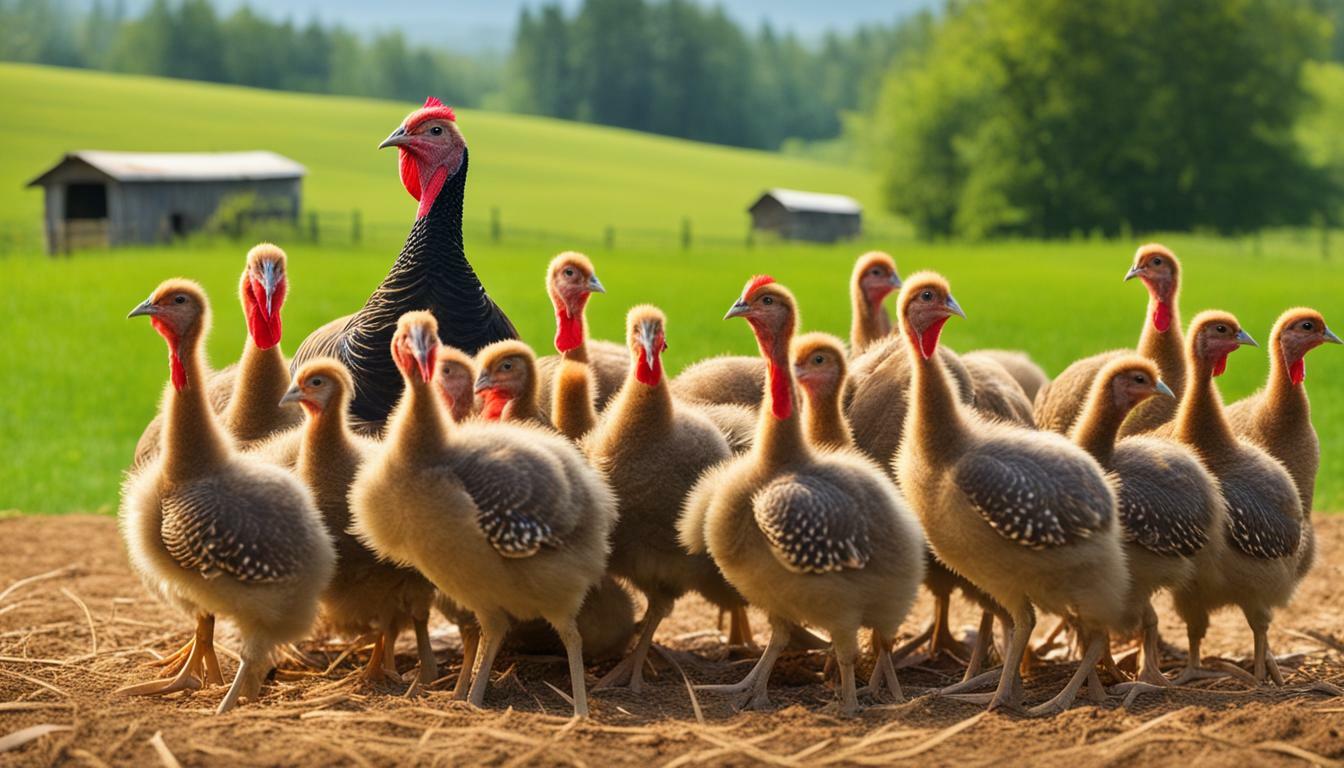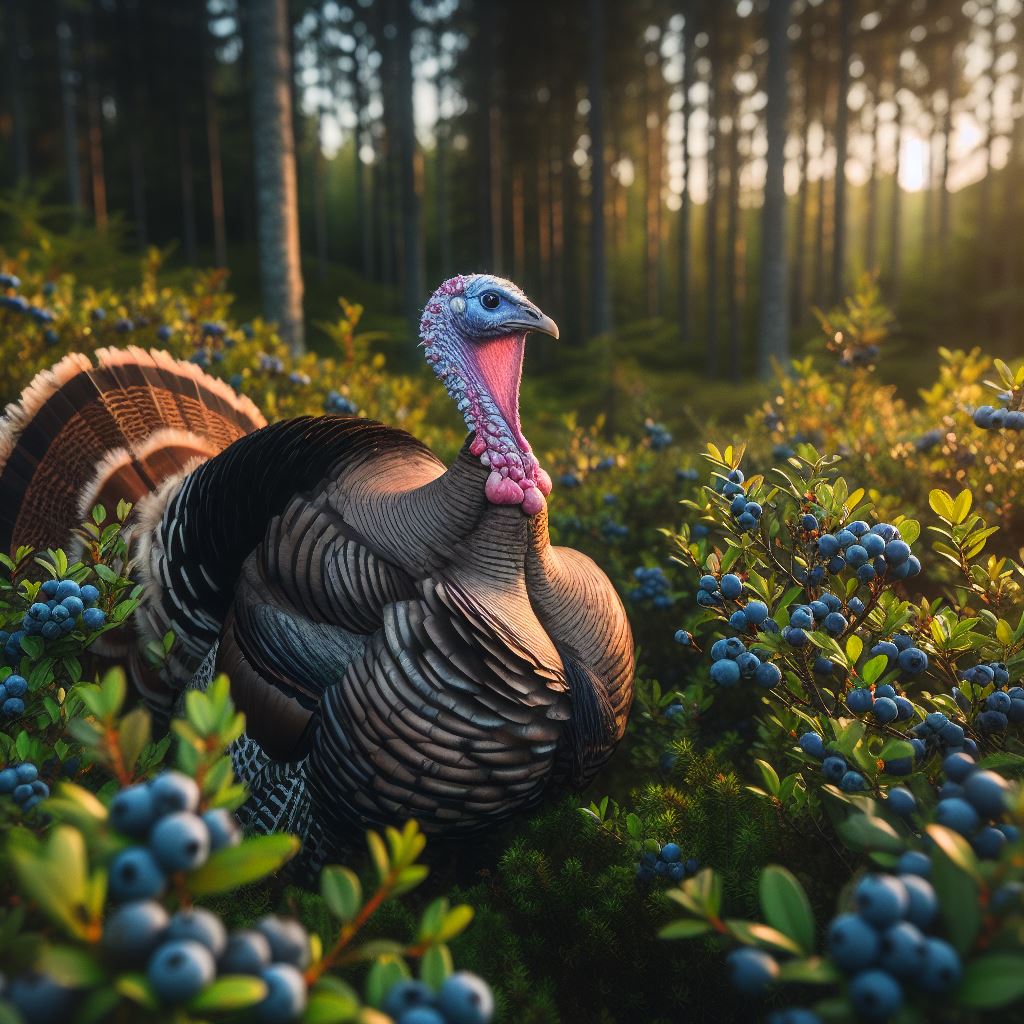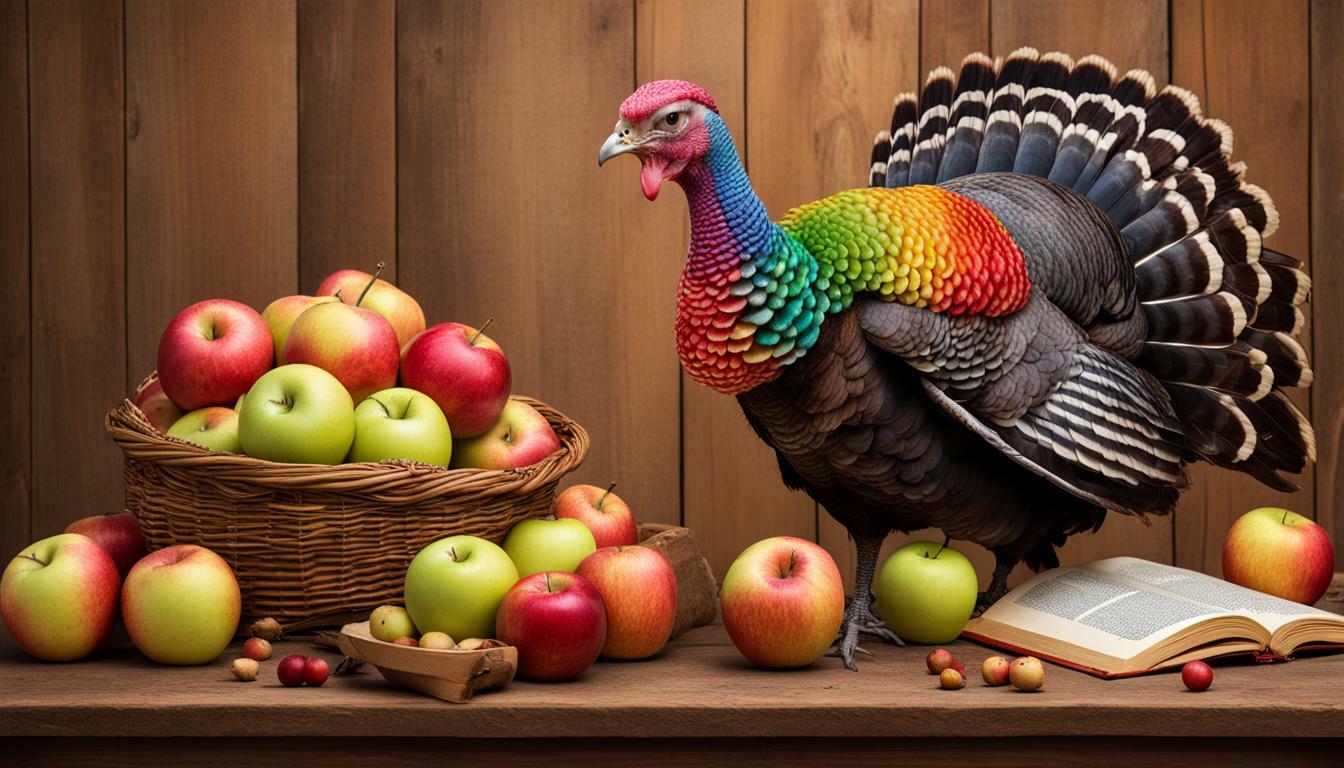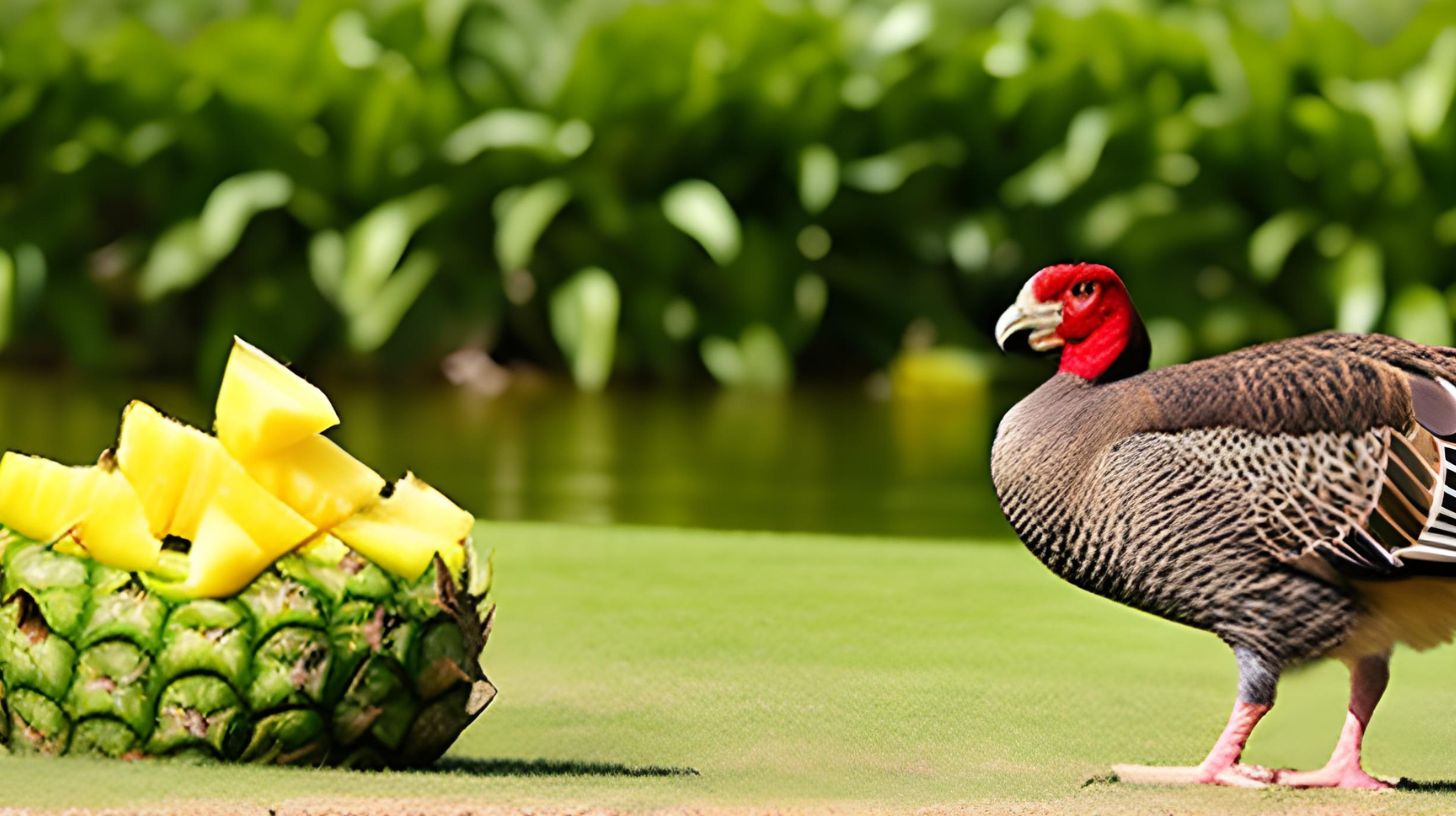Can Baby Turkeys Eat Chick Starter? Exploring the Diet

Table of content:
- Chick and Poult Nutritional Needs
- Can Poults Eat Chick Starter?
- When Can Poults Start Eating Chick Starter?
- What Ratio of Poult to Chick Starter Should You Use?
- Is Non-Medicated Chick Starter Better for Poults?
- What Are the Best Feeds for Baby Turkeys?
- What Precautions Should You Take When Feeding Poults?
- Conclusion
Raising baby turkeys (poults) and baby chickens (chicks) both require meeting the specific nutritional needs of each bird during their critical early growth phases. While there are many similarities in feeding chicks and poults, there are also several important differences to understand. A common question for those raising young turkeys is whether chick starter feed is suitable and safe for poults.
Chick and Poult Nutritional Needs
Baby chicks need a feed called chick starters for their first 4-6 weeks of life. Chick starters have around 20% protein content to support rapid growth. It also contains extra nutrients like vitamins, minerals, and probiotics. Most chick starter feeds are medicated with amprolium to prevent coccidiosis.
Turkey poults have slightly different nutritional requirements than chicks. They need a higher protein content of 26-28% in their starter feed. Extra vitamins and minerals are also crucial for poult development. However, turkey poults are extremely sensitive to medications. Amprolium and other drugs can harm their intestinal health.
So while chick and poult starter feeds have some similarities, there are key differences in ideal protein levels and medication use. This leads to the question of whether chick starter is suitable for turkey poults.
Can Poults Eat Chick Starter?
Chick starter can technically be fed to poults, but it is not recommended as their sole feed source. Here’s why:
Lower Protein Content
The 20% protein level in chick starters is too low for poults. They need 26-28% protein for optimal growth and muscle development. Feeding chick starters alone long-term can cause slowed growth rates in poults.
Medications
Most chick starter feeds contain amprolium to control coccidiosis. While chicks have a high tolerance to this medication, it can be toxic to poults. The sensitive digestive systems of turkey poults may get irritated by amprolium.
Nutrient Deficiencies
In addition to lower protein, chick starters may be deficient in certain vitamins and minerals turkeys need more of like niacin, vitamin E, and selenium. Relying solely on chick starters can lead to nutrient deficiencies in poults over time.
So while poults can eat chick starters, they will not thrive on them. For best results, chick starter should be mixed with a quality poult starter feed, or avoided altogether.
When Can Poults Start Eating Chick Starter?
Most experts recommend waiting until poults are around 4-6 weeks old before introducing any chick starter into their diet.
Here’s why it’s best to wait to feed chick starter:
- Young poults under 4 weeks need the higher protein poult starter feeds. Chick starter is too low in protein for poults under 4 weeks old.
- Poults are extremely sensitive to medications like amprolium in chick starters when under 4 weeks old. Feeding chick starters too early risks medication toxicity.
- Older poults over 4 weeks can better tolerate lower protein levels and medications as their bodies mature. Their digestive systems have developed enough to handle chick starters in moderation.
By waiting until poults are 4-6 weeks old, you ensure they get proper nutrition from the poult starter early on. Once poults are a little older, chick starters can be mixed in small amounts with their regular feed.
What Ratio of Poult to Chick Starter Should You Use?
When the time comes to introduce chick starter, it should always be mixed with poult starter. Here are some common ratios poult owners use:
- 75% poult starter, 25% chick starter
- 60% poult starter, 40% chick starter
- 50% poult starter, 50% chick starter
Always make sure poult starter remains the larger portion of the mix. That way poults get the higher protein they still require.
Also, limit chick starter inclusion to 50% or less of the total feed amount. This prevents too much exposure to medications.
Start with a 75/25 ratio at 4 weeks old. Then slowly increase the chick starter ratio to 40/60 or 50/50 by 6 weeks as the poult’s tolerance increases. Keep an eye on their growth and adjust ratios as needed.
Is Non-Medicated Chick Starter Better for Poults?
Some chick starter feeds are available in non-medicated formulas without amprolium. These are a better option for mixing into poult diets.
Non-medicated chick starter avoids any risk of amprolium toxicity in poults. However, it still contains lower protein than poult starter. Make sure non-medicated chick starter is always mixed with adequate poult feed to meet protein needs. A ratio of 75% poult starter to 25% non-medicated chick starter is optimal.
Poults seem to tolerate non-medicated chick starters well when mixed properly with poult feed. But their overall growth may still be better with just poult feeds tailored to their nutritional requirements.
What Are the Best Feeds for Baby Turkeys?
Here are the optimal feed options for baby poults:
- Poult starter feed with 28% protein and no medications, fed for the first 4-6 weeks. Look for feeds with added vitamins E and B complex.
- Transition feeds with 24% protein, ideal for poults 6-12 weeks old. These provide a gradual protein reduction as poults grow.
- Grower feeds with 20% protein for poults over 12 weeks old. At this stage, poults can eat a standard turkey grower ration.
Poult starter feeds provide the right nutrition levels to start poults off strong. Transition and grower feeds adjust to their changing needs as they mature. Following this feeding schedule allows healthy, steady growth.
While chick starters can be added later on, poult starters, growers, and transitions are tailor-made for turkeys. Sticking to turkey-specific feeds when possible is best. But chick starter can be used to supplement older poult’s diets if needed.
What Precautions Should You Take When Feeding Poults?
Follow these tips to safely add chick starter to poult diets:
- Don’t feed chick starter until poults are at least 4-6 weeks old
- Always mix chick starter with poult starter, never feed alone
- Limit chick starter to 25-50% of the feed mix
- Increase ratios slowly over time as poults age
- Use non-medicated chick starter when possible
- Monitor poult growth and adjust feed ratios as needed
- Make sure plenty of fresh water is always available
- Consult a vet if any signs of discomfort, distress, or poor growth occur
Following these guidelines allows poults to benefit from the nutrition in chick starters safely. Be extra careful when feeding chick starters to young poults under 4 weeks. Their delicate digestive systems need extra protection.
Conclusion
Baby turkeys can eat chick starters but special care is required. Chick starter’s lower protein and medication levels make it unsuitable as a sole feed source for poults. But when mixed properly with poult starter, chick starter can supplement turkey nutrition after 4-6 weeks of age. Monitoring growth, using non-medicated options, and adjusting feed ratios ensures chick starters will benefit poults rather than cause harm. Following turkey-specific feeding guidelines provides the right nourishment for healthy poult growth.
Welcome. I’m Adreena Shanum, the proud owner of this website, and I am incredibly passionate about animals, especially poultry. I founded adreenapets.com as a labor of love, stemming from my desire to share my knowledge and experiences with poultry enthusiasts worldwide.




